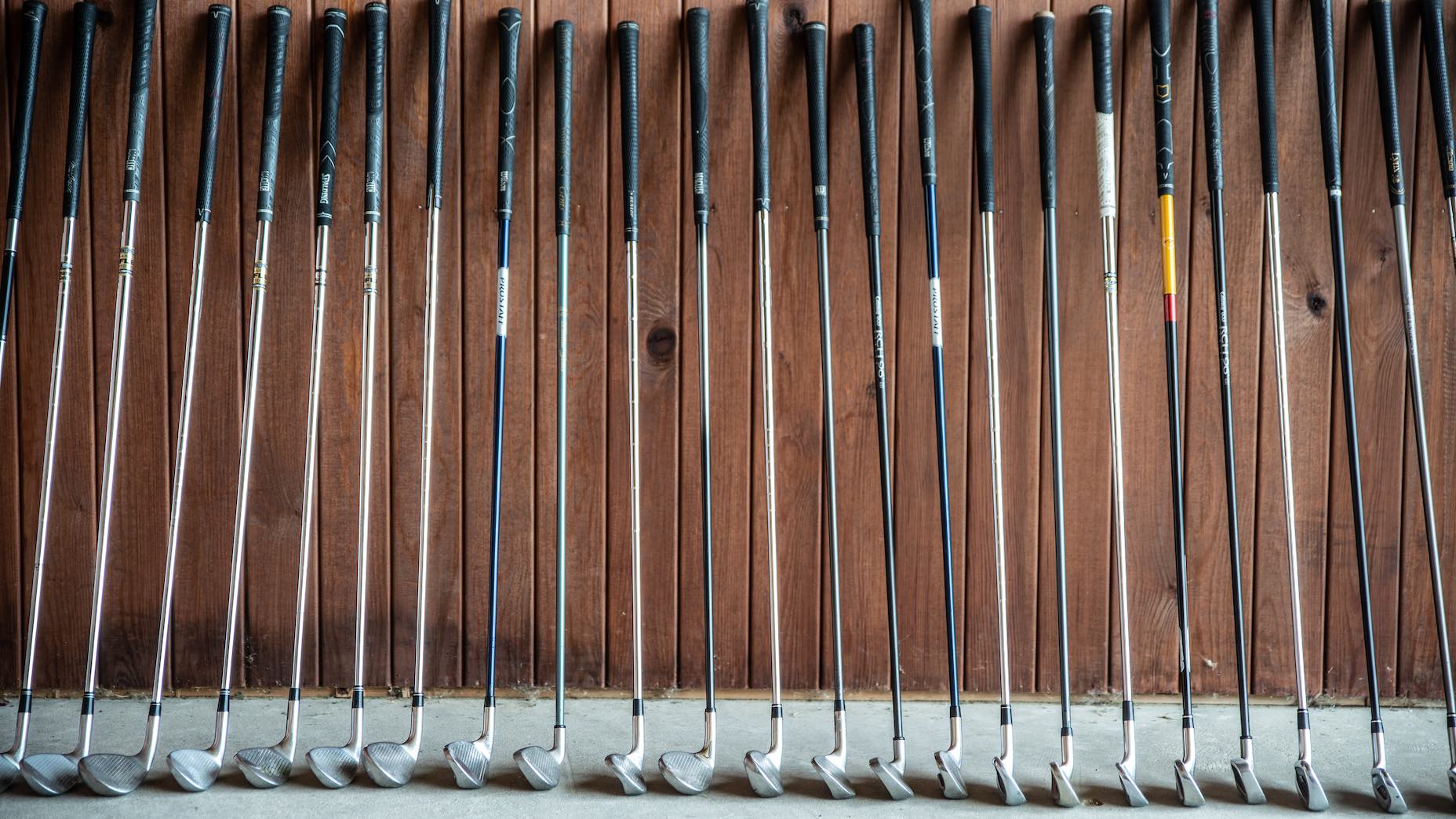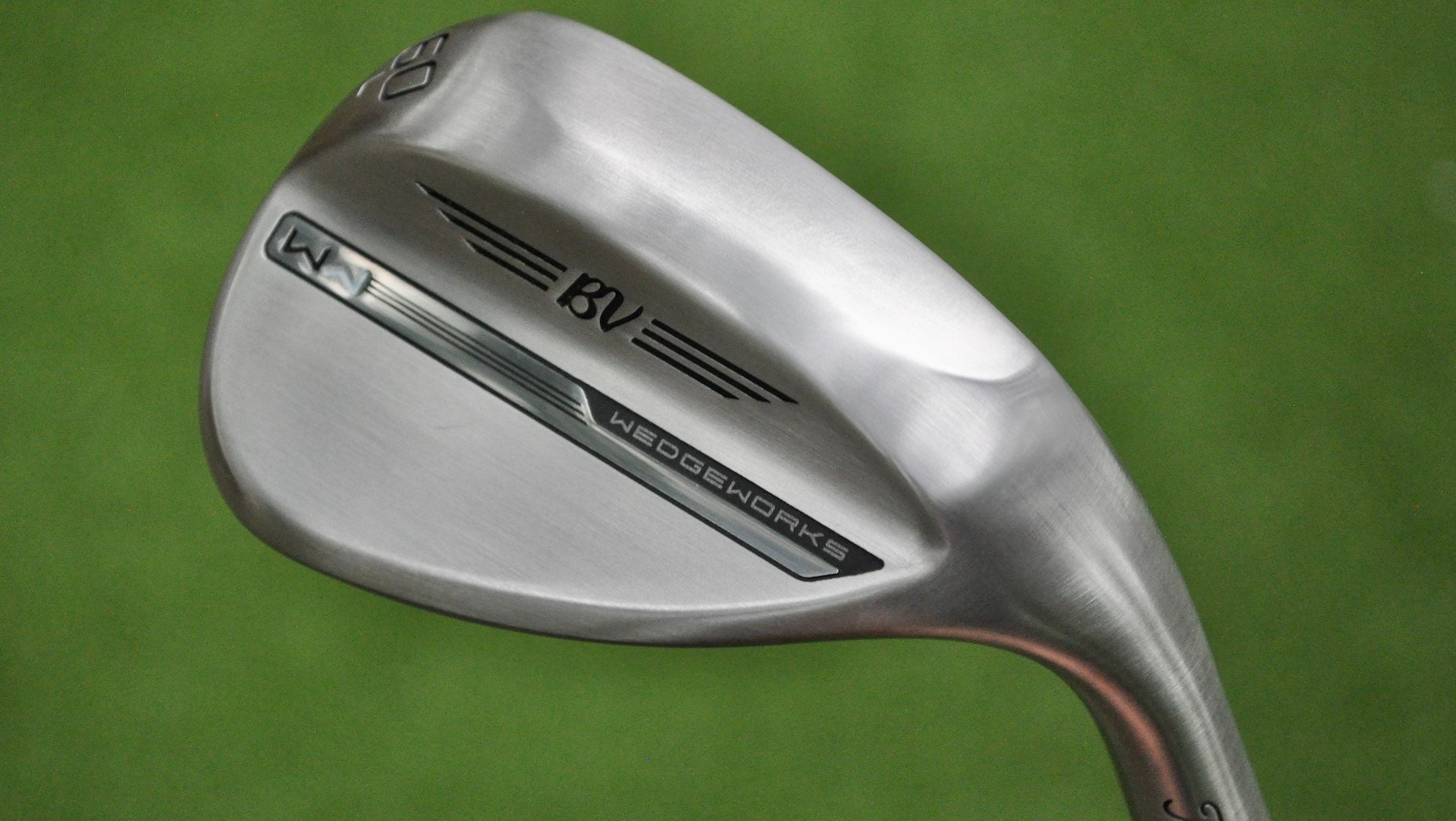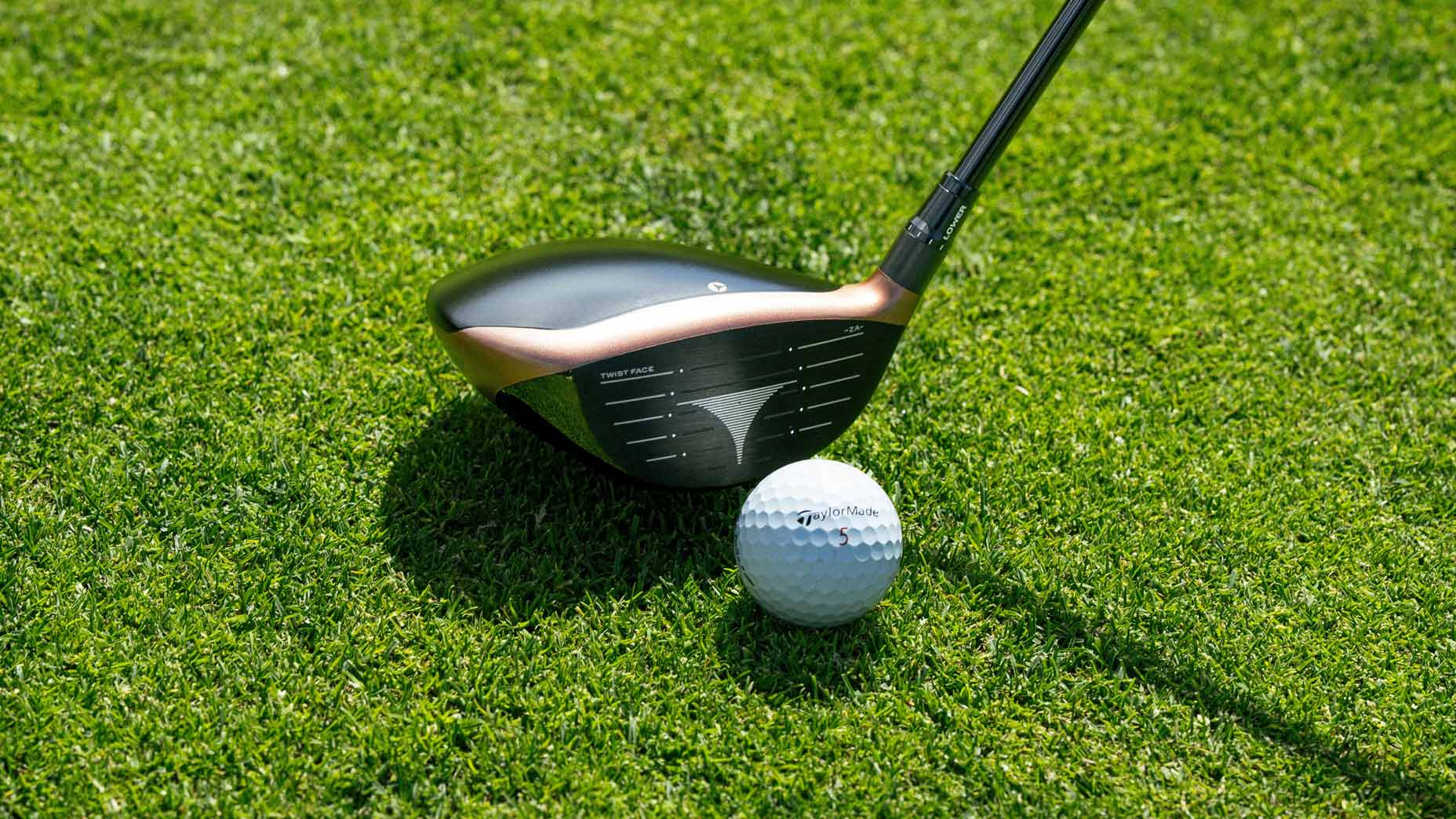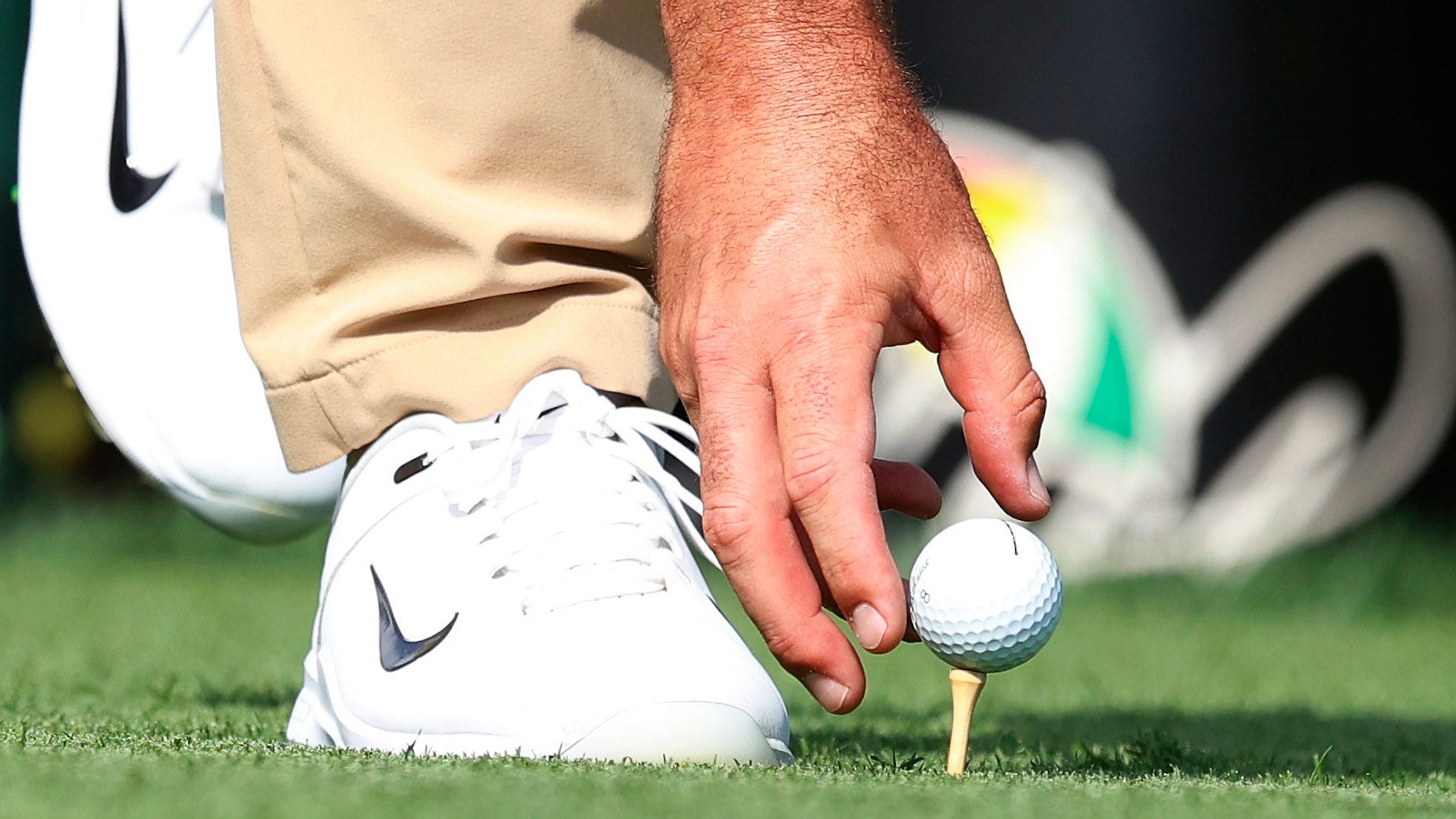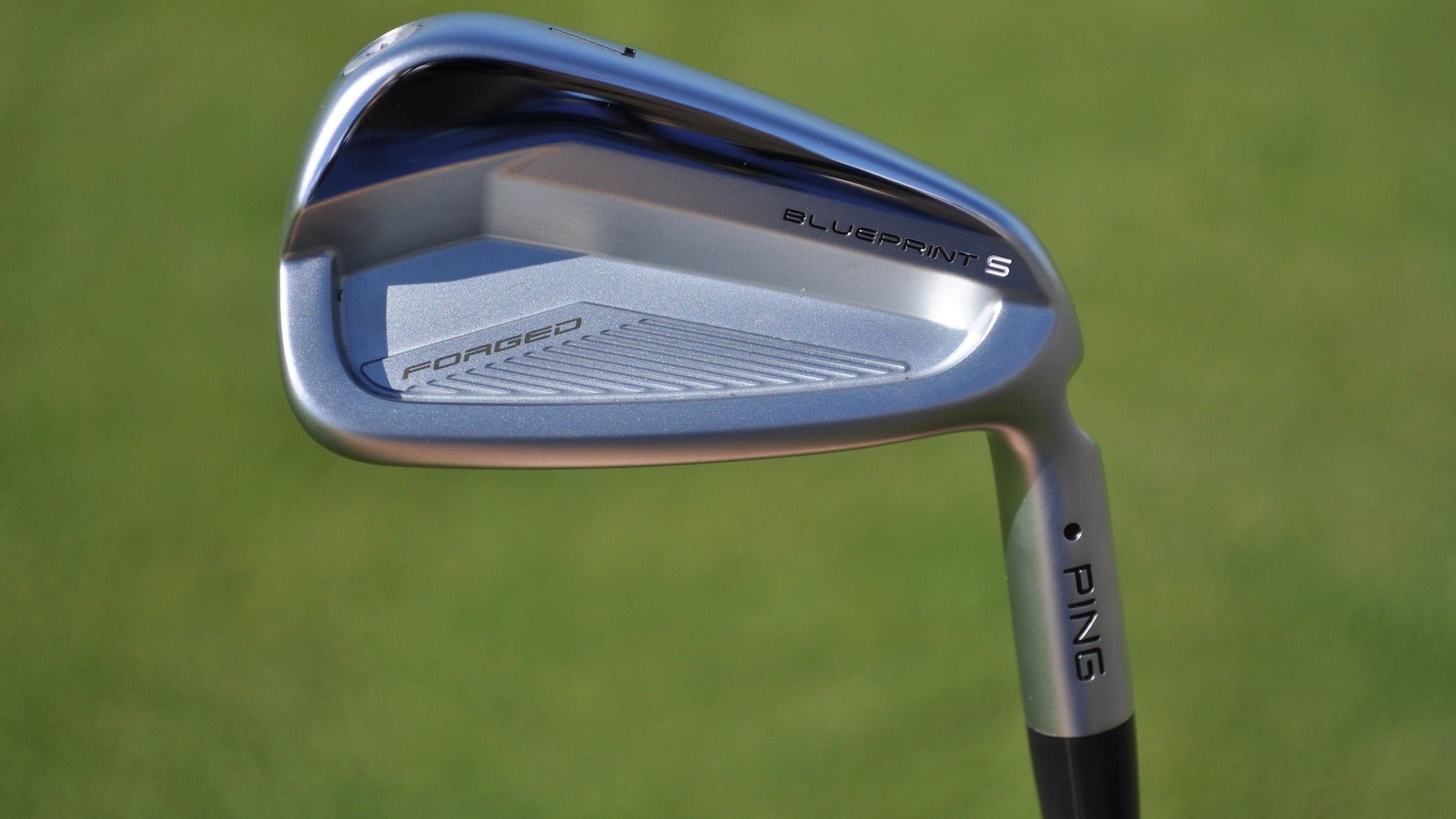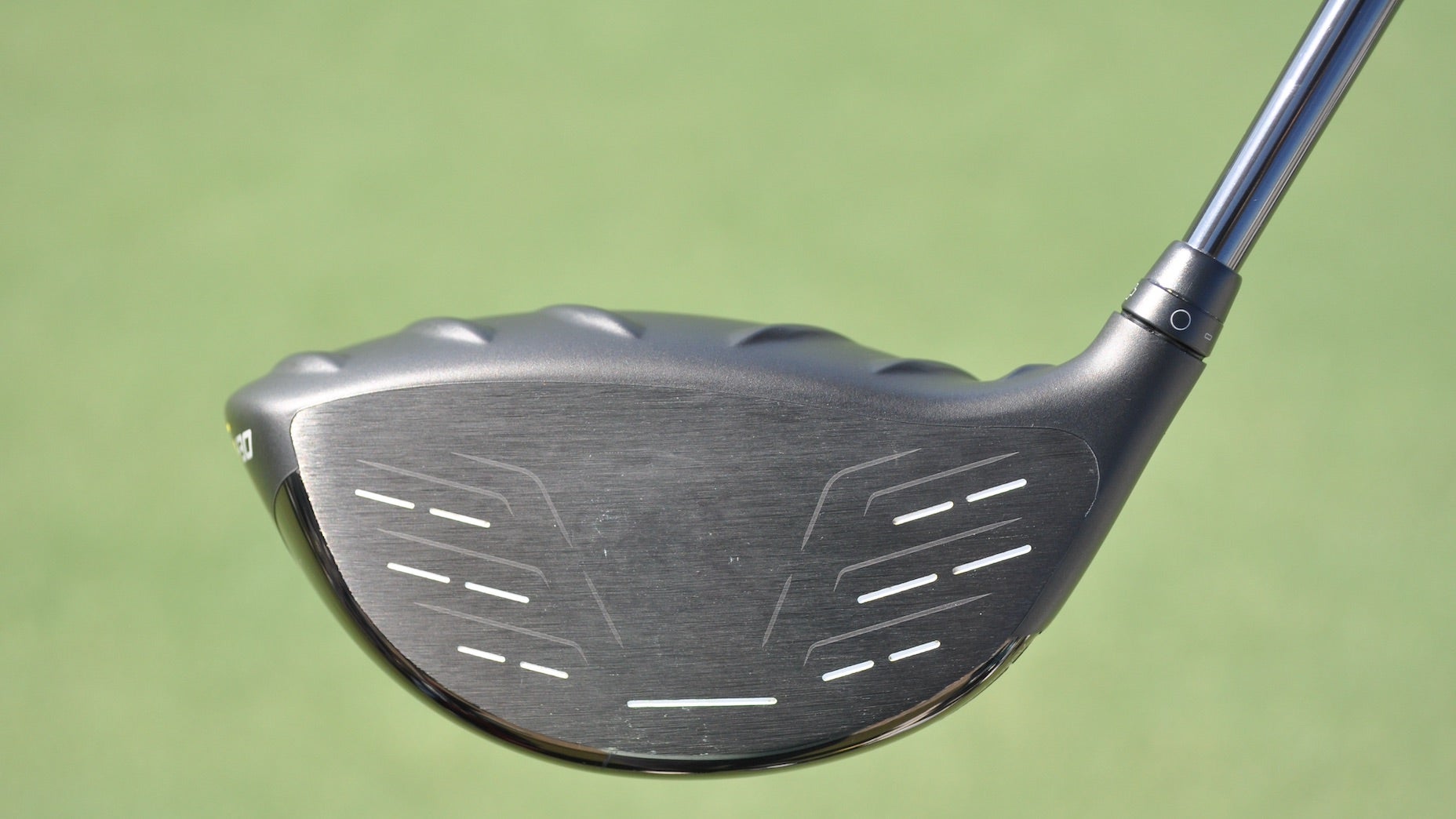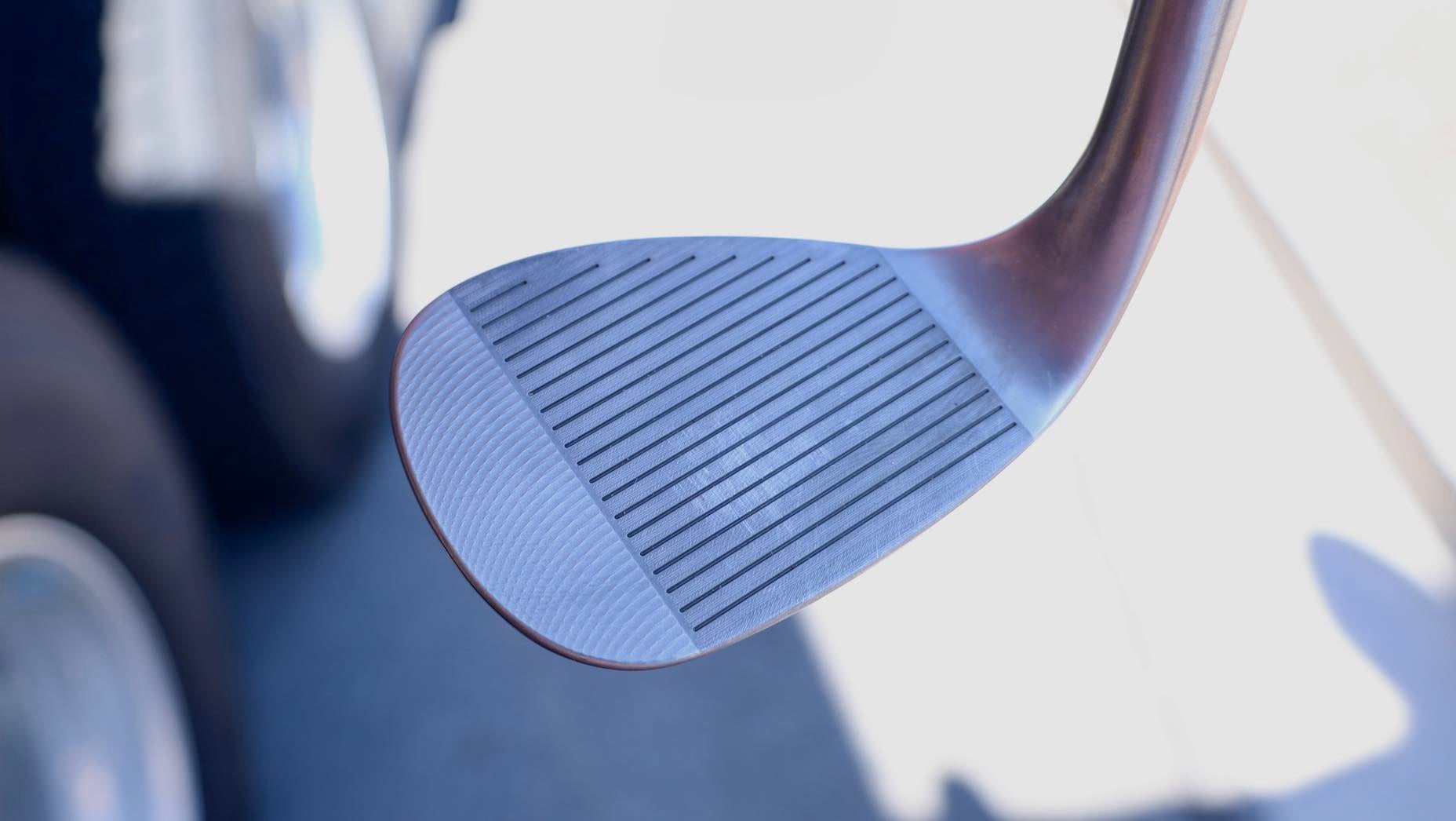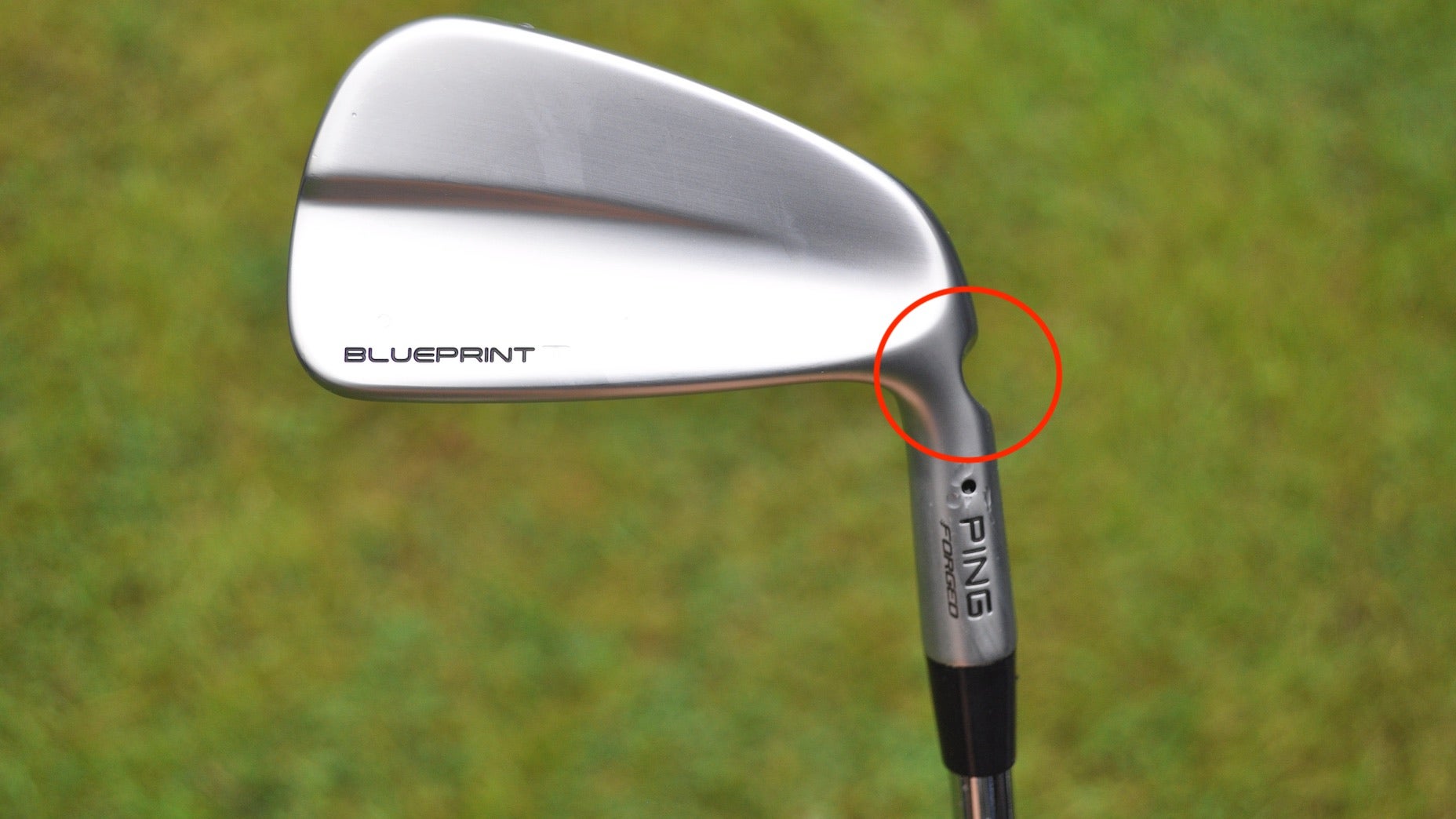Welcome to another edition of the Fully Equipped Mailbag, sponsored by Cleveland/Srixon Golf, an interactive GOLF.com series in which we field your hard-hitting gear questions.
I’m buying a new set of irons and woods this year and I’m willing to put down some extra cash to go through an in-person fitting. Any dos or don’ts I should oblige by?
Getting custom fit for your next set of irons and woods means you’re serious about playing your best. I’m going to assume you’re holding off on getting a new driver and new wedges to round out your quiver? If not, the first recommendation is you go through the whole bag and get every club fit for your game — from putter to driver. Furthermore, get fit for the right ball, too. Yes, that’s a thing now.
Let’s start with the don’ts first. Perhaps the biggest no-no happens when players feel the urge to perform their best during their fitting session. Any attempt to outplay your fitter and try to impress him or her with some dope stats on the launch monitor defeats the purpose entirely.
A good fitter won’t just look at your best numbers, he’ll also reference your poor shot tendencies as well. So by all means, don’t fake yourself or try to impress your club-fitter. I assure you he doesn’t care. Instead, make a concerted effort to make the swings during your fitting that you normally make on the golf course. If your swing has a second gear, let your fitter know first before you start hitting bombs. Conversely, don’t baby your swing either. It’s ok if you miss the middle or hit it offline.

XXIO X Driver
The truer you are in your fitting, the better your gear will fit.
The second no-no is not listening to your fitter’s recommendations. This seems obvious since you’re literally paying someone to give you a recommendation, but you’d be surprised how many players ignore their fitter because they don’t like what they hear. These folks see a lot of swings and do this for a living, and most reputable fitters back up their recommendations with eons of data to support their claims.
Don’t be that guy who thinks he knows more than the fitter does. You don’t.
The last thing you should avoid is making the assumption that only new clubs are available for custom fitting. Actually, you can get fit for almost any piece of gear, whether new off the rack or already in your golf bag. Furthermore, your club’s properties are subject to change over time. It’s possible your shafts could lose some of their rigidity or even straightness, your lofts could bend, or if you are someone who hits a lot of balls off mats, you might be tweaking your lie angles and not even know it. Clubfitting is good for any club — new or not-so-new.
On to the dos. The first is a big one: Speak up! A fitting generally lasts only an hour or so, so it’s likely you won’t be able to replicate every shot you normally hit or even sometimes hit. Talk to your fitter. Tell him what your shot patterns are and what you hope the fitting session will do to your game. Explain your tendencies, and how different clubs feel in your hands and during your swing. Shot data and measurements are important, but so are the conversations you have. The more you engage, the more beneficial your fitting will be.
Fully Equipped mailbag: When’s the best time for a clubfitting? Tiger Woods knowsBy: Jonathan Wall
Next, recognize that you will be fit for the swing you bring to the fitter, not for the swing you aspire to have someday. Fitters aren’t fortune tellers, they can’t see into the future and they won’t know what your swing will look like tomorrow, in a week, month, year and so on. The swing you bring is the swing that your fitter will try and match your gear to, so like the first don’t in this list, be honest and real with your swing. Don’t assume you’re getting fit for your future swing or for how you’ll swing after you bulk up or lose weight. Stay in the present.
The next “do” also may seem obvious to some, but bears stating since it’s easy to forget: Make sure you prepare beforehand. Take the time to warm up before you initiate the fitting—you don’t want to waste half your fitting session with a warm-up. Better yet, go play nine holes and get fit after you’re through. Doing that will help you come ready and comfortable to swing away.
Lastly, you can go through a fitting one of two ways: you can settle on a particular manufacturer and go through one of their fitting experiences that will suit you up with clubs that are endemic to their brand. Or, you can go to a brand agnostic fitter and go into it with a clean slate and be open to various brands—even if it means mixing different models and brands in your set.
Both are viable and there isn’t a wrong answer — it’s up to you to decide what you want to do. If you ask us what we personally prefer, we steer towards brand-agnostic fittings.
Want to overhaul your bag for 2022? Find a fitting location near you at GOLF’s affiliate company True Spec Golf. For more on the latest gear news and information, check out our latest Fully Equipped podcast below.
